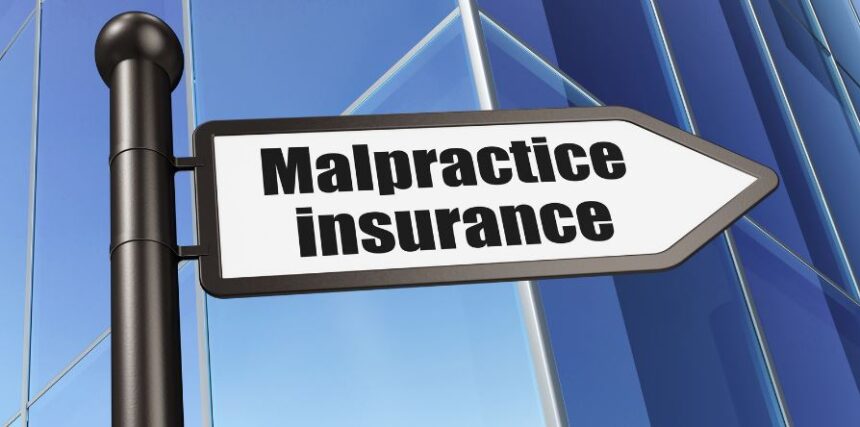Legal malpractice insurance is crucial for law firms to protect against claims of negligence or mistakes. That’s why managing this insurance can be challenging, particularly when law firms use virtual assistants (VAs) to support operations.
While VAs can help manage legal malpractice insurance, clear guidelines and oversight are required to ensure everything runs smoothly. This article provides seven tips that will help you manage the legal malpractice insurance while working with VAs.
1. Choose the Right Virtual Assistant for the Task
The first step in managing legal malpractice insurance with a virtual assistant is selecting the right person for the job. Not all VAs are trained to handle legal tasks, so it’s important to choose someone with experience or at least a basic understanding of legal concepts or administrative tasks in law firms.
Also, you should look for a VA who has worked with lawyers or legal firms and is comfortable handling sensitive legal documents while adhering to confidentiality agreements. This background ensures insurance management tasks are completed efficiently and securely.
2. Clarify Your Expectations
Once you’ve hired the right VA, clearly explain your expectations. Whether it’s reviewing insurance policies or managing deadlines for renewals, set clear boundaries. Discuss the tasks to be handled, how you expect these tasks to be managed, and what tools or software will be used.
For example, if the VA is tracking malpractice insurance renewal dates, ensure the VA knows where to find the information and how to update it in your system. Furthermore, clear expectations will help the VA perform tasks efficiently and without confusion.
3. Use Collaborative Tools for Easy Access
Take note that using the right technology can simplify managing legal malpractice insurance for both you and a VA. Cloud-based storage tools and project management platforms enable remote access to files and task tracking. When handling sensitive information like insurance documents and encryption are used. This ensures only authorized individuals, like you and a VA, can access the data.
4. Delegate Routine Administrative Tasks
Legal malpractice insurance involves routine administrative tasks like tracking payments, updating policy information, and ensuring timely submission of paperwork. For instance, a VA can review policy renewal dates and follow up with the insurance provider to ensure everything is in place. By delegating these tasks, you can focus on clients and legal work without worrying about insurance details.
5. Monitor Compliance and Deadlines
Managing legal malpractice insurance requires keeping track of important policy deadlines. A virtual assistant can help by monitoring critical dates like policy renewals and paperwork submissions. Ensure the virtual assistant sets reminders and alerts in your calendar system, like Google Calendar, to stay on top of these deadlines. This will help avoid missing important dates and prevent coverage from lapsing.
6. Ensure Security and Confidentiality
Since virtual assistants work remotely, maintaining confidentiality and data security is crucial, especially when handling sensitive information like legal malpractice insurance. Ensure the virtual assistant understands the importance of privacy by having the assistant sign a non-disclosure agreement (NDA).
On top of that, this legal document emphasizes the need to protect client information. Additionally, require the legal malpractice insurance virtual assistant to follow online security best practices, such as using secure passwords and enabling two-factor authentication for account access.
7. Review and Audit Insurance Policies Regularly
Your VA can play a key role in ensuring legal malpractice insurance is up to date and adequate. The VA can help gather necessary documents, track coverage changes, and schedule appointments with the insurance provider. While the VA may not assess the legal aspects, the VA can be an invaluable partner in making sure important updates or adjustments are not overlooked.
Streamline Your Practice, Secure Your Coverage!
Handling legal malpractice insurance with a virtual assistant (VA) can streamline a practice and ensure coverage is well-maintained. By hiring the right VA, setting clear expectations, and using collaborative tools, administrative tasks can be delegated, allowing a focus on legal work.
Additionally, regularly reviewing insurance policies and staying on top of deadlines will help avoid lapses in coverage. With proper communication and security measures, a VA can be a valuable asset in managing legal malpractice insurance effectively.




